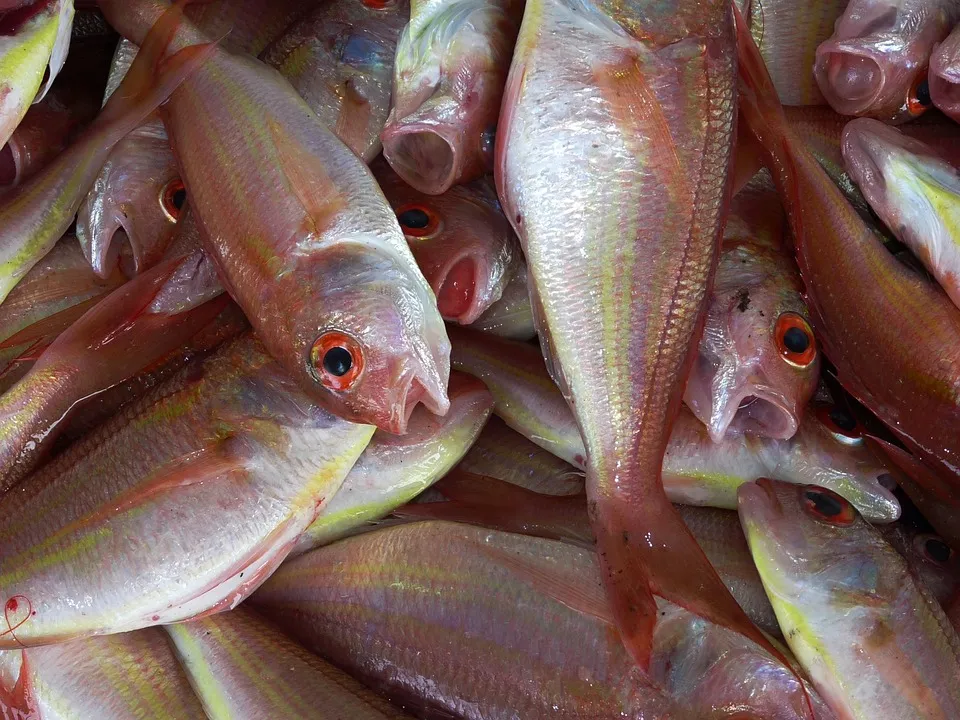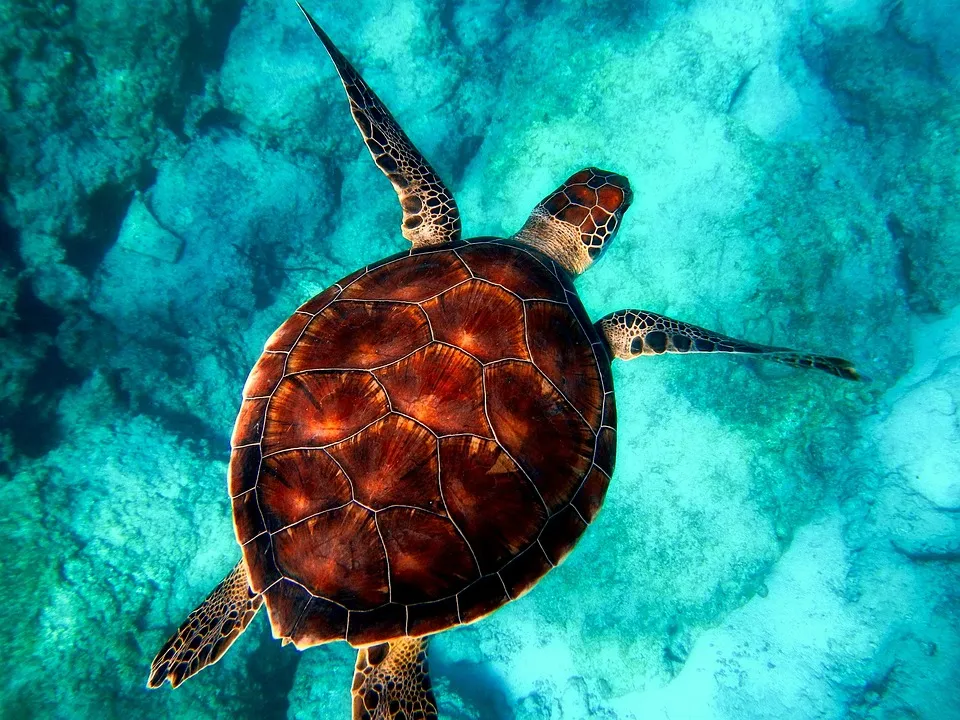Here is a run down of current marine conservation articles we currently recommend reading.

- Fisheries Subsidies Reform Could Reduce Overfishing and Illegal Fishing Case Studies Find
https://www.pewtrusts.org/en/research-and-analysis/articles/2020/07/22/fisheries-subsidies-reform-could-reduce-overfishing-and-illegal-fishing-case-studies-find?utm_campaign=conservation_rhfs________&utm_source=facebook_environment&utm_medium=social&utm_content=article_general____linkcard_&utm_term=___
Do you support sustainable fishing and marine conservation? Do you hate wasteful government spending? Then you maybe interested in what this article has to say. Frank Day, of Pew Charitable Trusts, takes a look at a recent case studies show a reform to WTO's fishing subsidies. The studies support ending payments that can be deemed "harmful", such as funding that encourages overfishing, while maintaining subsidies for artisanal fishers when needed, such as when a local fisher has to "survive a lean season".
Now, new case studies show that World Trade Organization (WTO) measures to end those harmful payments could help local fishers while increasing global catch.
The new case studies provide the first practical evidence of how curbing subsidy-driven overfishing would improve fishery sustainability and benefit local fishers, their families, and their communities.

- Endangered sea turtle shells disguised as blue plastic seized at MIA en route to Asia
https://www.miamiherald.com/news/local/environment/article244900152.html
Late last year "the shells pieces of about 100 turtles" were confiscated before they could make there away out of the United States. The global black market for illegal luxury "tortoiseshell" products has fueled poaching of threatened sea turtle species .
CBP’s Contraband Enforcement Team and Agriculture Specialists estimated that about 65 percent of the 290 pounds of scutes came from hawksbill turtles, while 35% came from green turtles that were likely caught in the Caribbean or Central America.
Because the species is found throughout the Caribbean Sea and western Atlantic Ocean including the Gulf of Mexico and South Florida, and from Central America to northern Brazil, Miami has become a gateway for the illegal export of these animals to Asia and Europe. The city is already a global hub in the import-export industry, and it’s the main port of entry for exotic reptiles and plants, dirty gold and smuggled songbirds, as well as shark fins.

- Lab-grown and replanted corals to spawn in the Florida Keys
https://phys.org/news/2020-08-lab-grown-replanted-corals-spawn-florida.html
A marine conservation milestone has occurred! Lab grown coral that has been transplanted in to the ocean has started to spawn along with the annual coral spawn in the Florida Keys.
That technique is helping slow-growing corals such as the mountainous star to grow up to 50 times faster than they would normally grow, she said. This year, scientists checking the mountainous stars, a threatened species that was grown in a nursery and planted on reefs in the Florida Keys and the Caribbean in 2015, have achieved sexual maturity and are primed with egg-sperm spheres called gametes.
With this technique researchers break large brain corals into tiny microfragments, producing clones that grow in the lab's nursery. When they reach a certain size after a few months, they are planted in clusters in a circular pattern onto the reefs. After a few years they begin to join together, creating the brain-like shapes they are known for. Scientists found out they grow more quickly because of the microfragmentation-fusion method, which Mote also calls "reskinning."
Help defend the oceans. Support sustainable fishing and aquaculture/agriculture practices. Don't pollute your local waterways. Donate to your local marine conservation charity.
All images courtesy of Pixabay.com